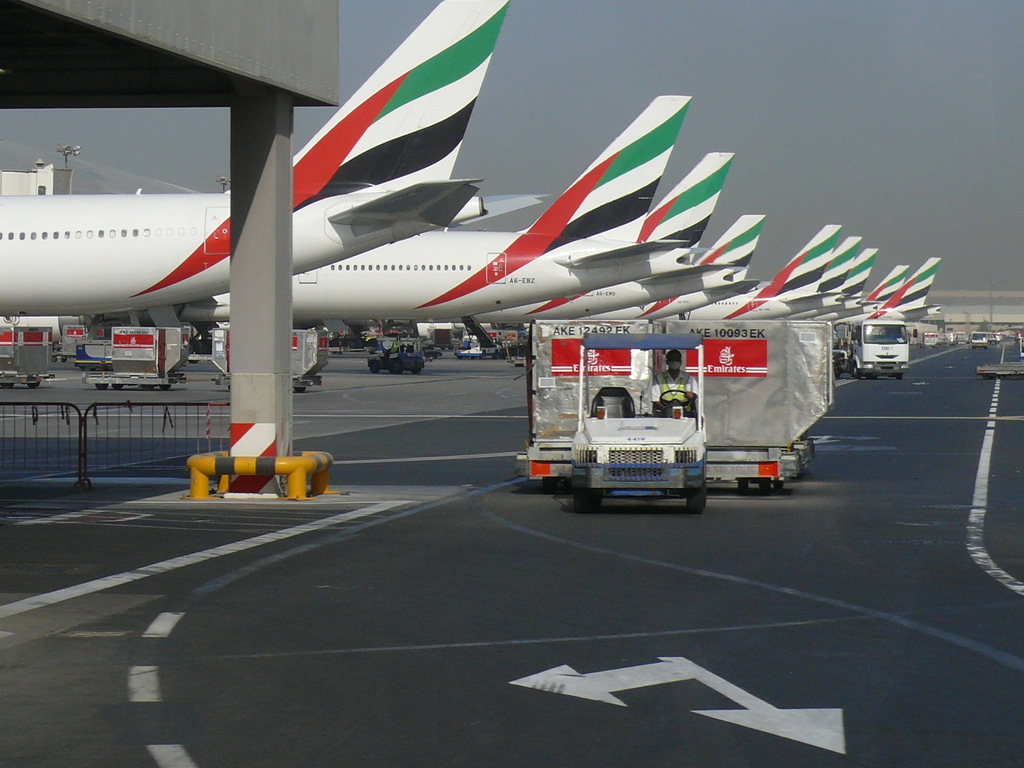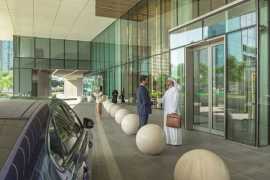Emirates growth strategy on track
Автор admin Saturday, 01 November 2014 8:00 PM
 Emirates will continue with its growth trajectory, in spite of global challenges like regional political instability, pandemic health issues in Africa and softening economic demand from dropping oil prices.
Emirates will continue with its growth trajectory, in spite of global challenges like regional political instability, pandemic health issues in Africa and softening economic demand from dropping oil prices.
Speaking today at the Aviation Festival Middle East, Anand Lakshminarayanan, Divisional Vice President Route Planning and Economics said: "Countries recognise the importance of seamless global traffic flows and the multiplier effect to their own economies, and this has been instrumental in our own growth as an airline that attracts business and tourism opportunities. We will not deviate from our hub strategy and our future aircraft deliveries and orders are predicated on our non-stop services, connecting city pairs around the globe."
The Aviation Festival Middle East is a platform for airlines, airports and the aviation industry to address strategies for growth and development. On behalf of Emirates, Lakshminarayanan discussed profitable network growth, aero-political access, airport constraints and commercial partnerships. The core of Emirates network strategy and Dubai hub were also discussed, in addition to Emirates’ view on alliances and strategic partnerships.
He cited India as an example where Emirates services have brought positive economic benefits, where the 185 weekly frequencies allotted to the airline directly contribute $825 million to the local economy, according to a study by the National Council of Applied Economic Research (NCAER).
Emirateshas also been able to capitalize on strategic alliances with Qantas, which has helped spur tourism into Dubai through the partnership. Over 250,000 Australians visited Dubai last year, largely reflecting the convergence of both airlines’ networks. Another mutually beneficial partnership that has supported Emirates’ growing United States network has been with JetBlue, which has grown to a bilateral codeshare agreement, enabling Emirates passengers to connect to over 60 cities served by JetBlue beyond its US gateways.
Emirates expects to fly 70 million passengers in 2020, and the airline together with its partners in Dubai are already progressing on plans to ensure the right infrastructure is in place to support and capitalise on this growth. The airline continues to work on various initiatives, in partnership with Dubai International Airport, to help ease slot congestion. Terminal 4, set to open in 2015, will also help to address overall capacity requirements at the airport.




























Добавить комментарий